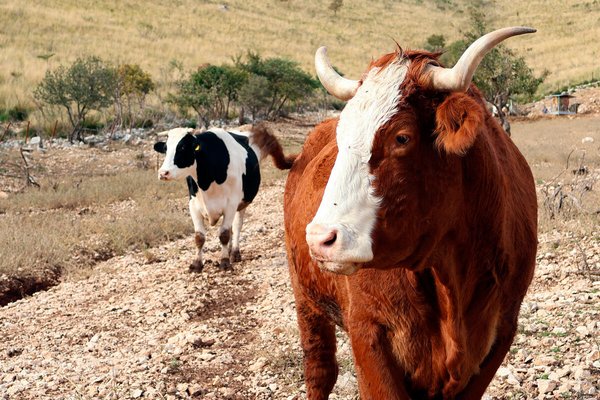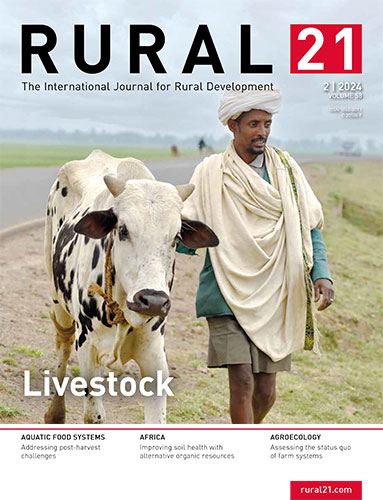- Share this article
- Subscribe to our newsletter
Reducing antimicrobials in livestock production
In April 2024, the Food and Agriculture Organization of the United Nations (FAO) launched a new action-oriented, country-focused initiative to reduce the need for antimicrobials on farms, amid the growing threat posed by Antimicrobial Resistance (AMR) in the food and agriculture sector which is impacting terrestrial and aquatic animal health, plants and the environment and causing significant economic losses to farmers across the globe.
The RENOFARM initiative aims to provide countries with policy support, technical assistance, capacity building and knowledge sharing to help reduce the need for antimicrobials in livestock production, prioritising animal health and welfare, mitigating environmental impact, and enhancing food security and nutrition, thus helping to achieve the 2030 Agenda and its Sustainable Development Goals.
Working together with governments, farmers, private sector and civil society organisations and other actors, it will promote the “5 Gs” at the farm level: Good Health Services, Good Production Practices, Good Alternatives, Good Connections and Good Incentives.
FAO’s goal is to implement the initiative in more than 100 countries in alignment with its partners under the Quadripartite One Health approach – the World Health Organization (WHO), the UN Environment Programme (UNEP) and the World Organisation for Animal Health (WOAH).
RENOFARM is already being piloted in the poultry sector in Indonesia’s Lampung province with the support of government agencies and other local stakeholders. Other pilots are underway in Uganda and Nigeria.
In Indonesia, a Farmer Field School (FFS), focusing on empowering farmers at the community level, is being set up under the project to build farmers’ capacity and awareness on AMR control, with training materials updated based on local experience and best practices, 20 facilitators trained and the concepts trialled with around 20 local poultry farmers.
A focus group discussion held as part of the initiative showed that broiler chicken farms in Lampung Province have experienced improvements in livestock management practices, with the transition to a semi-closed cage system. This has had a positive impact on biosecurity practices and efforts to reduce antimicrobial use. However, antibiotic programmes for chicks are still being carried out due to concerns about the quality of chicks and farmer discipline regarding biosecurity.
(FAO/ile)
Read more on the FAO website





Add a comment
Be the First to Comment